Kristiana Davida (Latvia)
About two hours from the capital Riga, in rural Latvia, a small boarding school still operates as the first private school to open after Latvia’s independence from the Soviet Union in 1991. The school has changed names several times in its history, but today is called Kristiana Davida pamatskola (Christian David School) and enrols a mix of boarding and day students from all over Latvia.
The school is small, with an average class size of four, but the community is large and always active thanks to the many volunteers, teachers, parents and guests that spend time around the school each day. There is a lot of work that goes into maintaining this country living, as the school is heated by firewood, grows and harvests many of the vegetables on-site, makes its own cheese and butter, and brings milk fresh from their nearby farm each day. The people of the school, including students, are responsible for preparing the three meals a day for those living there full-time.
The goal is to make the experience feel more like a family than a school. Students are responsible each morning for a set of chores. They are able to sign up for the choice from a list of jobs that need to be completed. Some students will help peel potatoes for lunch, other will sweep and mop the floors and stairs. Each child is in charge of making sure their room is kept neat and orderly and that they participate fully in the school community.
After a morning run and chores are completed, breakfast is served in the dining hall. A short chapel visit gets students started on the right foot before heading off to classes that take up all of the morning time until lunch. Most students in the older grades are learning three languages, Latvian, German and English, but several of them come from Russian families and are fluent in that language as well. Each child learns a musical instrument and receive one-on-one instruction and practice several times a week as well. The academic subjects get equal attention, but it is clear that the school prides itself on creating well-rounded citizens that have multiple skills and experiences to contribute to society after they leave.
From a teacher perspective, the school operates on a completely different model for its staff. There is very little salary paid to the teachers, only a small amount to those who drive in each day for speciality lessons. Instead, the school forms a community fund that is distributed to teachers as they need. For those living at the school there are few expenses, as food and housing are covered. Any extra expenses, including fuel for vehicles, travel and professional development courses can be provided for as needed. From spending time at the school, it’s obvious that the teachers and workers don’t see this as a job, but instead a calling and service that allows them to have a significant impact in the lives of their students.
Simple natural living is the theme that permeates all aspects of the learning program. By producing much of their own food, caring for the animals on the farm, grabbing an apple off a tree when you need a quick snack, the children develop a close relationship with their environment. Very little food is wasted. When you are involved in the work that goes into getting the food to the table, you develop as respect for the process and take only what you need.
Just as a relationship with the environment is cultivated daily, the relationships among everyone living at the school is key element. The kids know that the adults are there for them, whether it’s supporting them in their school work or providing comfort, nothing would succeed without the personal connection that’s fostered by all who live in the community.
It might be isolated. It might be rustic. It might not be for everyone. But for those who live it each day, it’s the only place they choose to be.





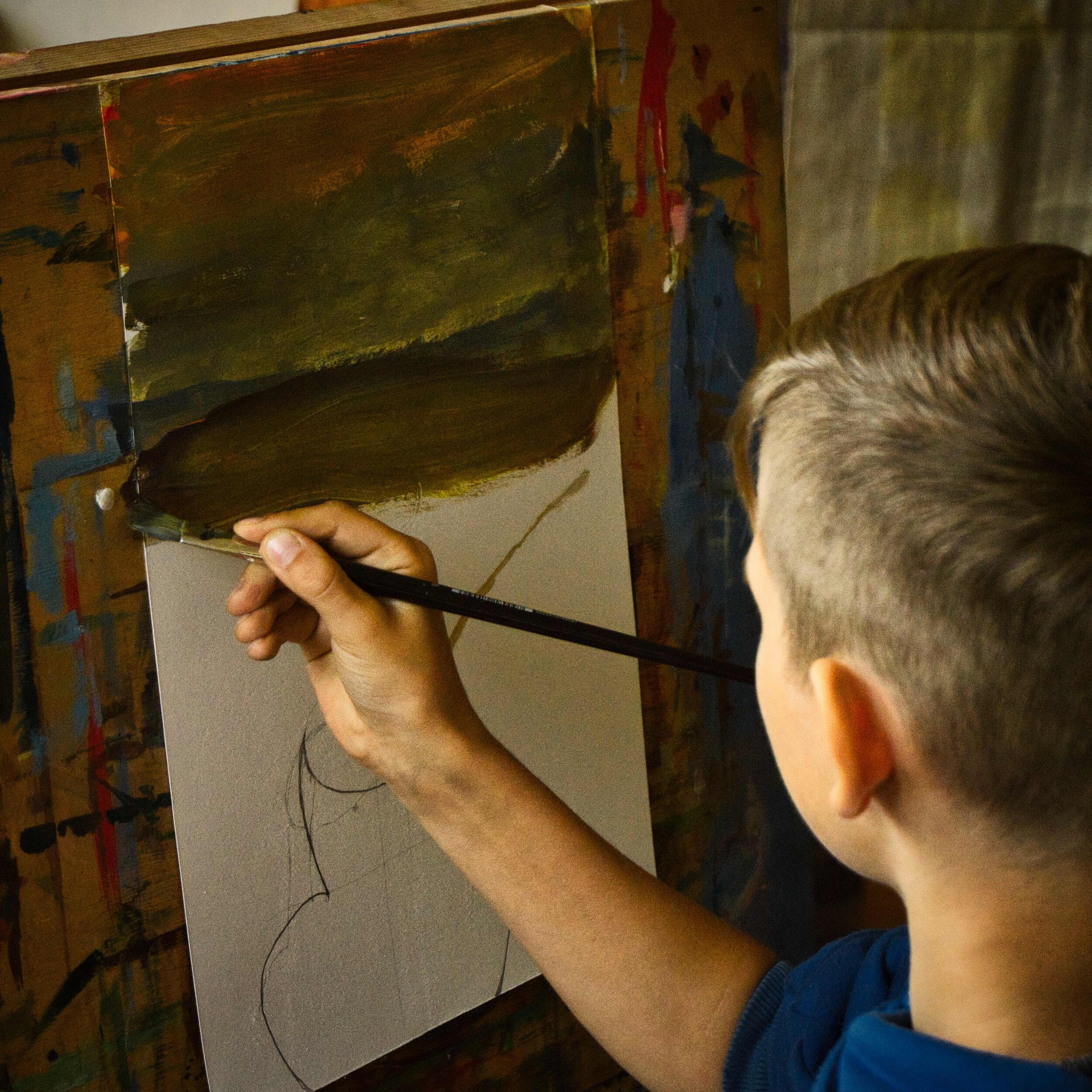
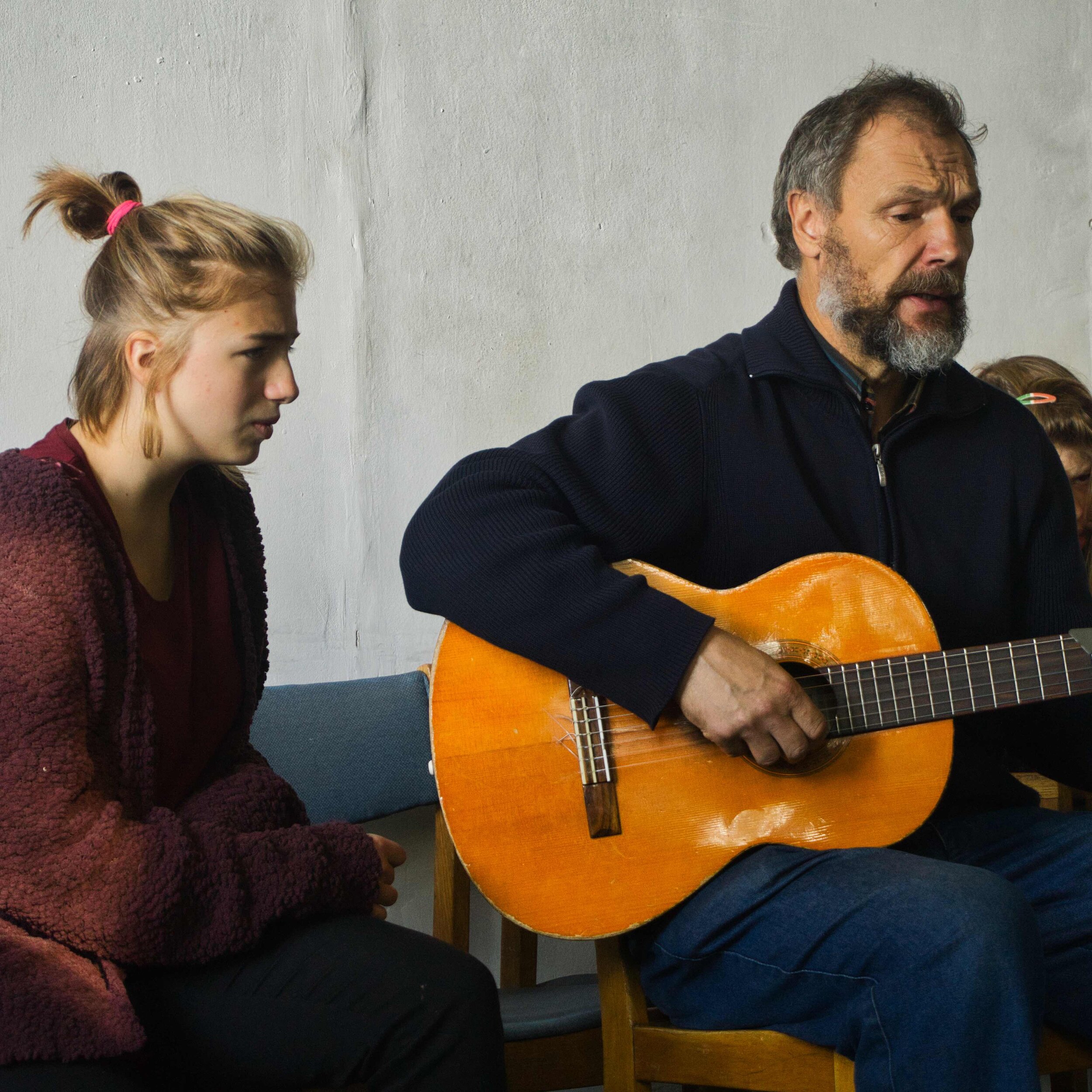


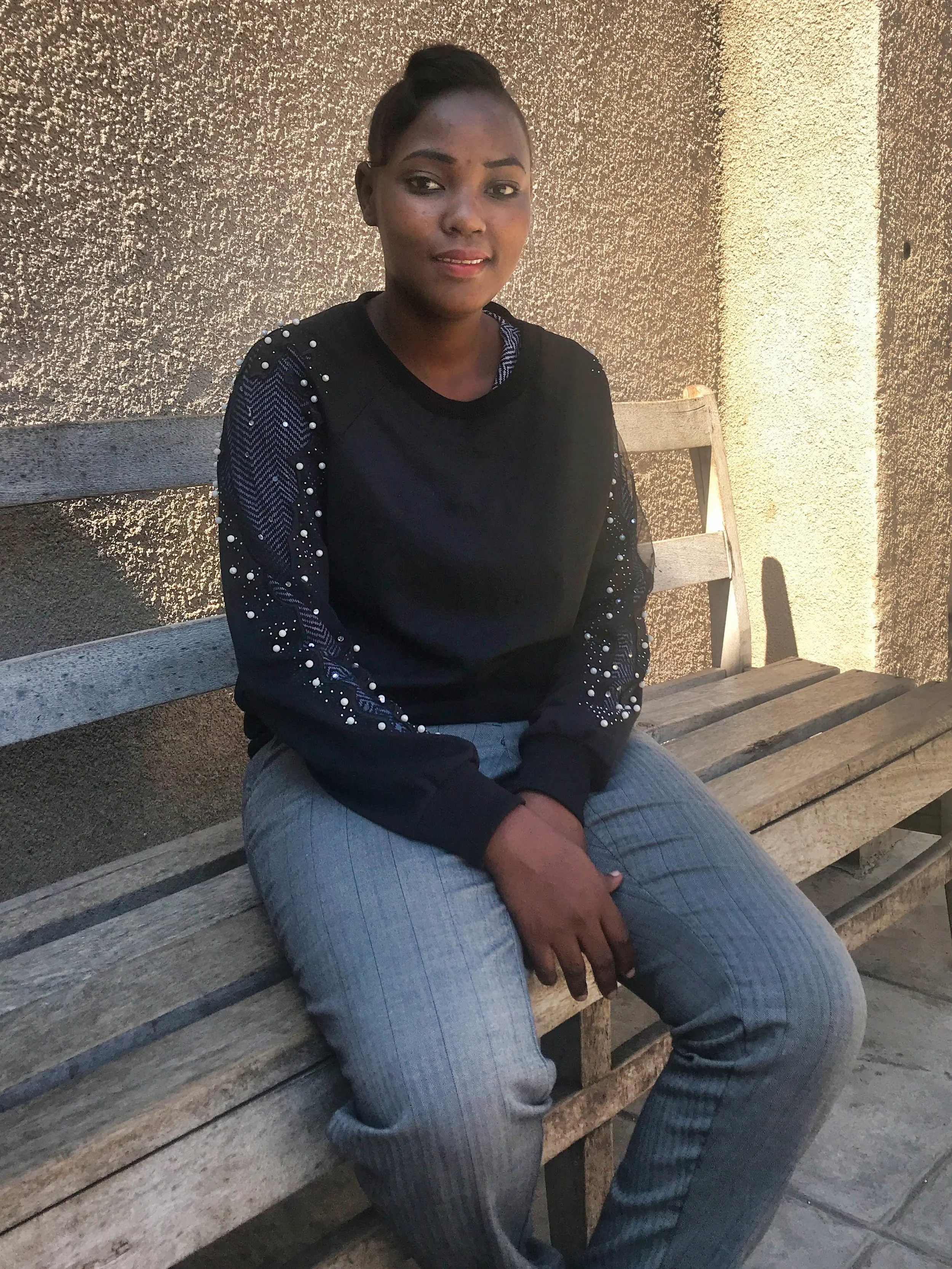

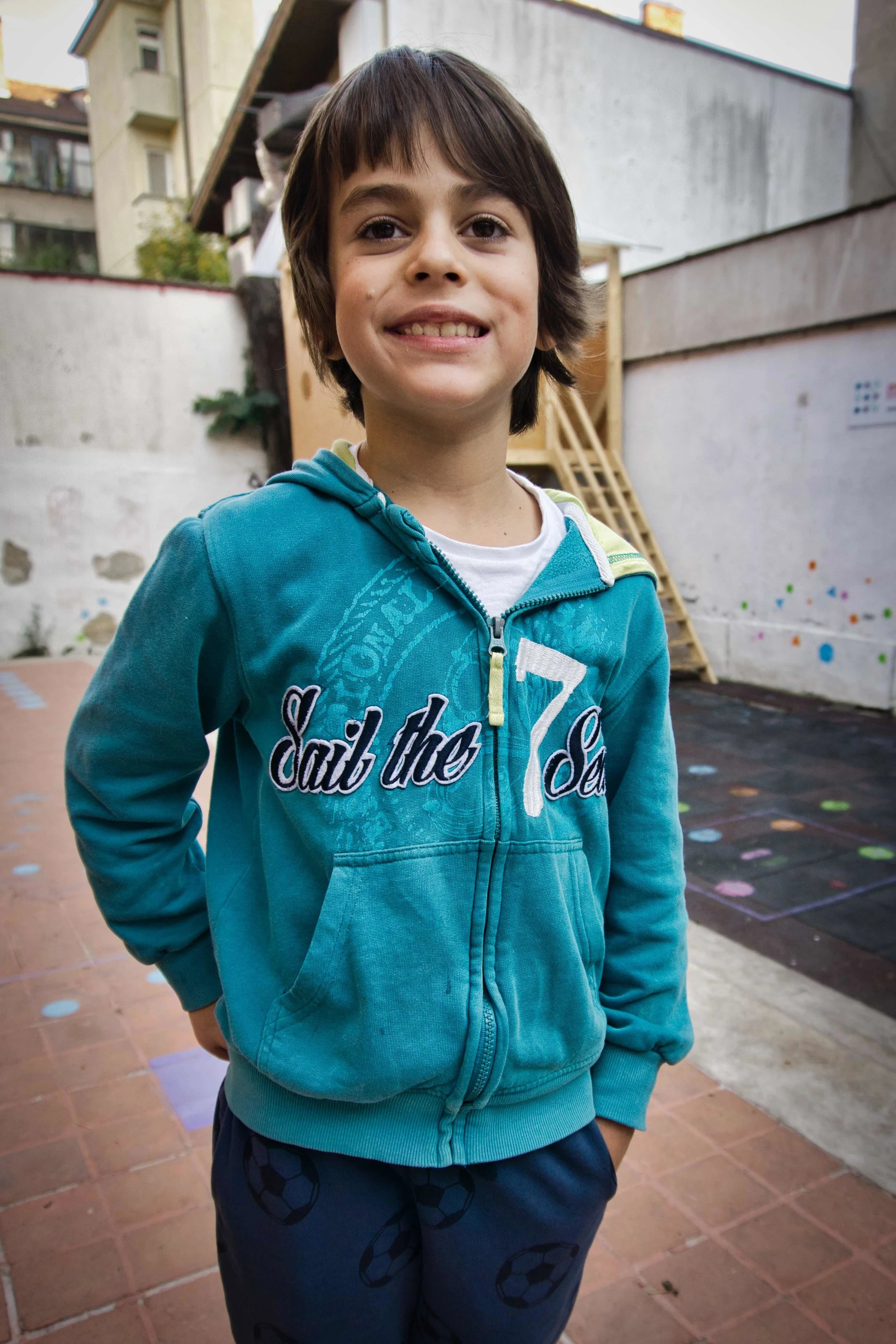

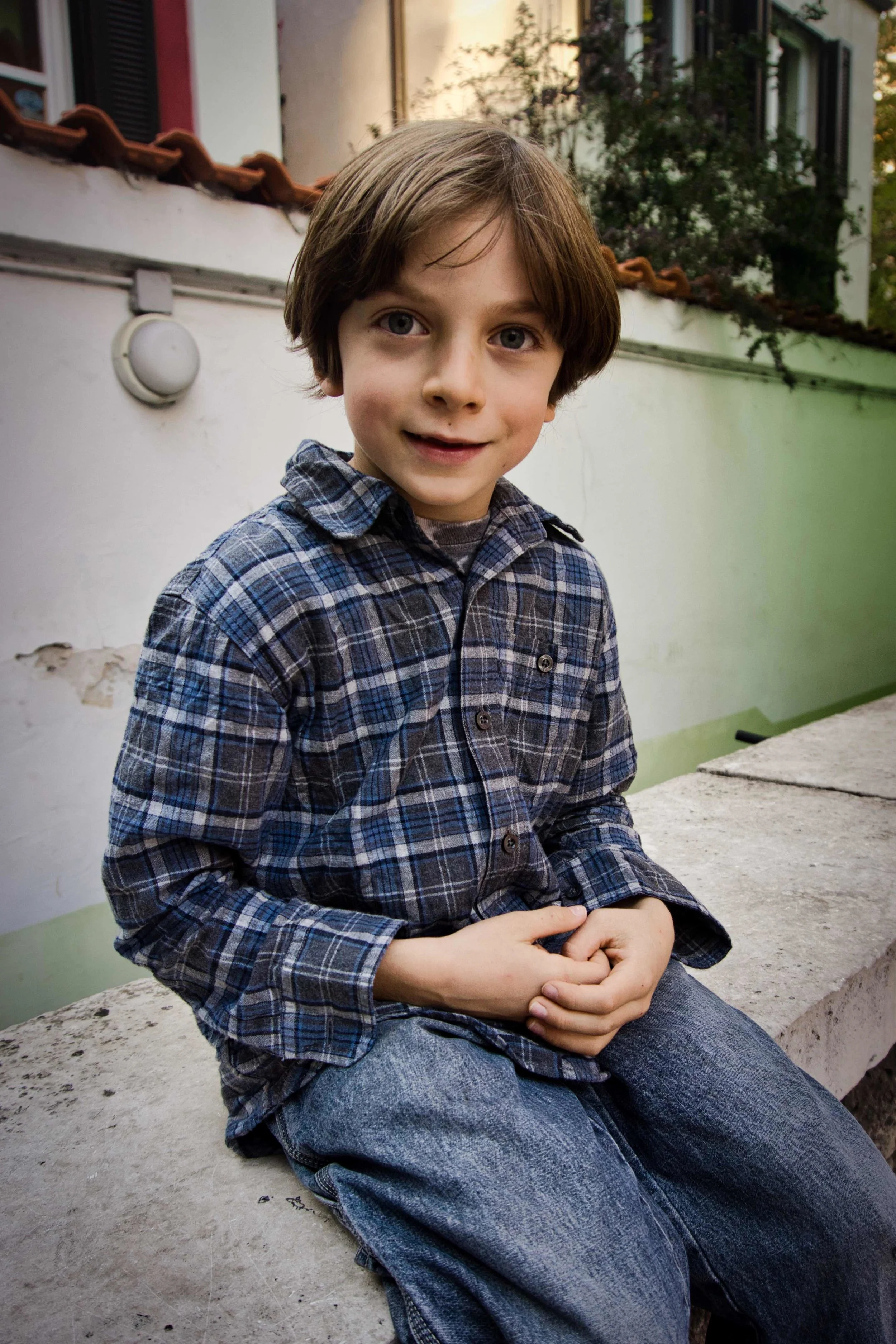

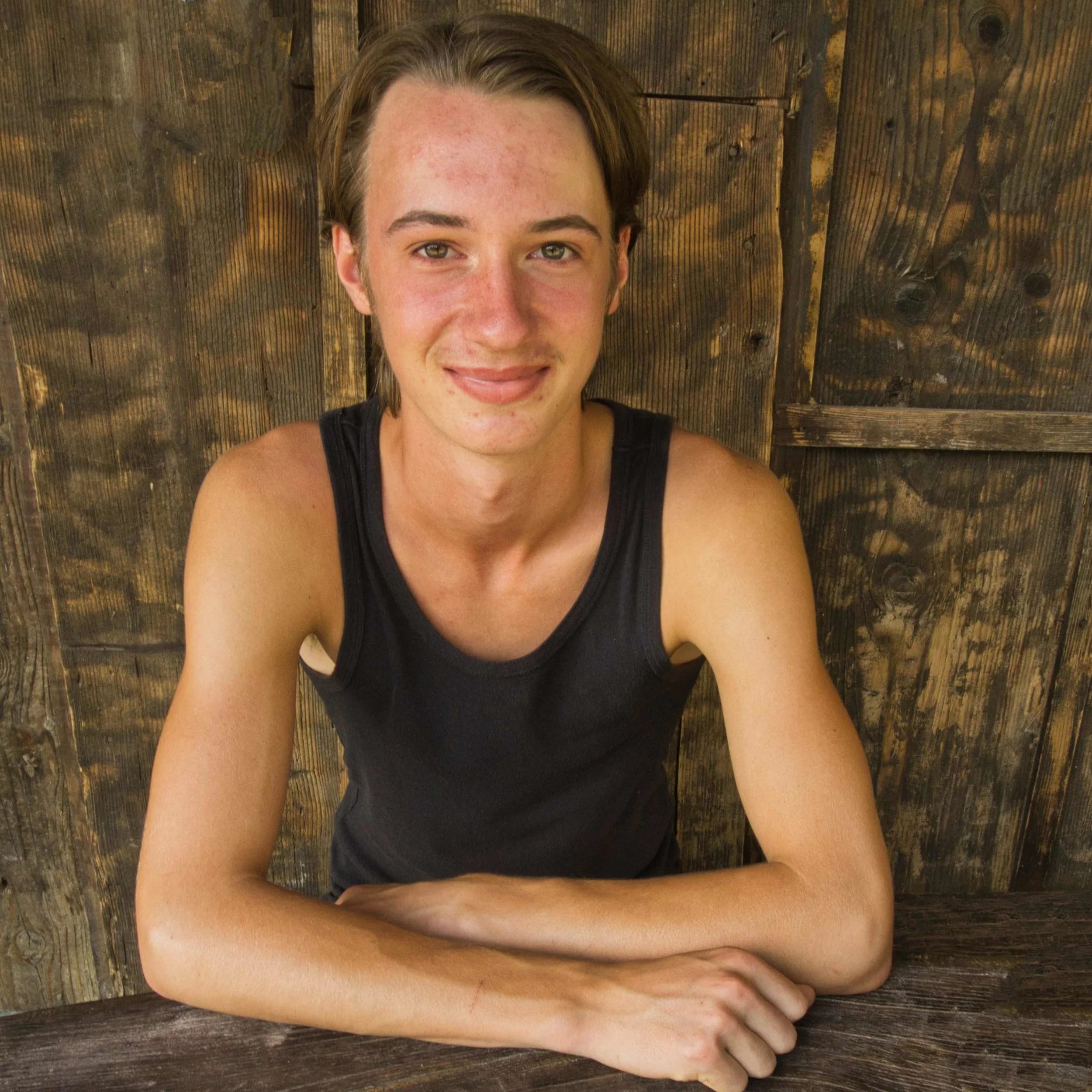
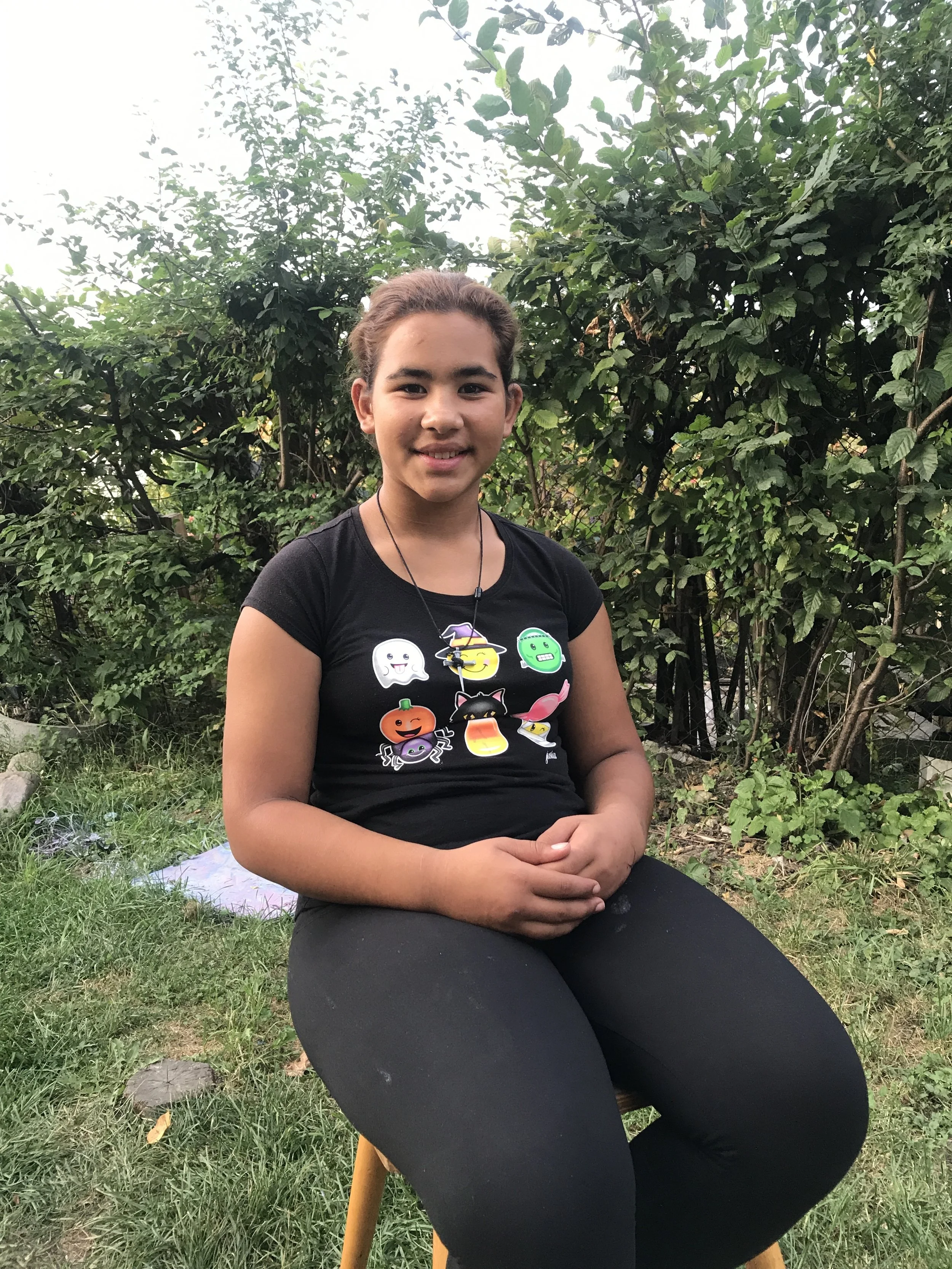
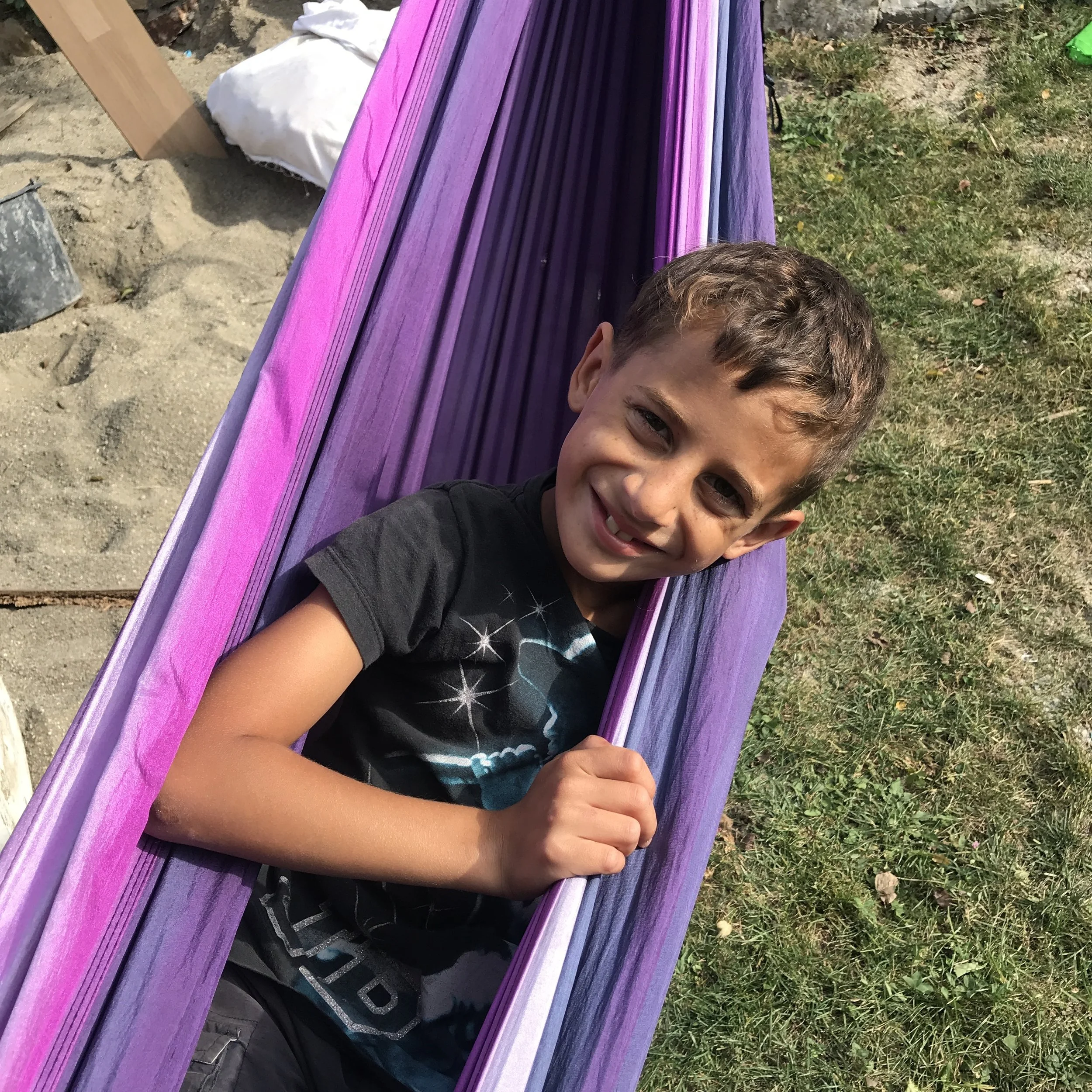
My favourite part of unschooling is being free. I can play whenever I want. I can learn whenever I want.